The way to think about Russia, Bill Browder told me in Moscow in 2004, using a comparison he recycles in Red Notice, is as a giant prison yard. Vladimir Putin, he argued then, had no choice but to destroy Mikhail
Khodorkovsky, the yard’s top dog and country’s richest man. One of a tribe of Western financiers who traversed a hermetic circuit of offices, guarded apartments, upscale restaurants and the airport, Browder would berate reporters for banging on about human rights abuses or atrocities in Chechnya. Putin was already Putin, for anyone who cared to notice — autocratic, corrupt, nationalistic — but, for Browder, Russia was an oil-powered success story, and Putin was a seer.
Understandably, Red Notice glosses over its author’s past as a devout Putinista (‘I naively thought that Putin was acting in the national interest’). I mention it not to diminish Browder’s subsequent courage, still less to imply that he got what he deserved: it doesn’t and he didn’t. Rather the contrast illustrates what Anna Politkovskaya once identified as the biggest problem for Russians: the widespread belief that ‘it’ — the knock on the door, the trumped-up charge — will never happen to them.
Because, for all his cheerleading, it happened to Browder. As founder of Hermitage Capital, he became the biggest portfolio investor in Russia. The first half of his book explains how the grandson of America’s leading communist, Earl Browder, came to occupy such an arch-capitalist role. Despite Bill’s attempt to enliven this pre-history with implausibly recalled dialogue and would-be dramatic reconstructions (‘Within seconds, I was engrossed in my BlackBerry’s email dump’), anyone not thrilled by money-making might consider skimming.
Yet some telling themes emerge. Browder — by his account, ever the Chicago little guy battling English toffs, American shysters and Russian oligarchs — is painfully status-conscious, and hates defeat and slights. Then there is his basic investment strategy. From his stint as a callow consultant in Poland in 1990, to his spells with Robert Maxwell (‘Would we get our year-end bonuses?’ he worries when Maxwell dies) and Salomon Brothers (‘It’s hard to describe how small $50,000 is to an investment banker’), Browder learns to spot giveaway privatisations. In that pursuit he relocates to Russia, navigating the bare-knuckle business world and the catastrophic default of 1998. A third noteworthy trait is Browder’s odd mix of extreme worldliness and almost touching naivety, including over his self-depiction.
In Russia his method was to buy cheap stock, then boost its value by exposing corporate sleaze; one of his targets was Gazprom, the state-controlled gas giant. Unsurprisingly, he made enemies, and in November 2005 was turned back at Sheremetyevo airport. Even then — like a loyal prisoner in the Gulag, hoping for Stalin to intervene — Browder thought Putin might help; that ‘the good guys would get the bad guys’. They didn’t. Instead Browder’s offices were raided, and a cabal of police and security-service officers, abetted by crooked tax officials, conniving judges and bona fide criminals, used his holding companies to scam a bogus tax rebate of $230 million.
Many of Browder’s staff fled, but Sergei Magnitsky, an idealistic, patriotic young tax lawyer he had hired, stayed and tried to expose the fraud — only for the villains to be appointed as investigators. In a failed bid to make him retract, Magnitsky was imprisoned, tortured and denied urgent medical treatment. Browder tried to get him out, but he died on the floor of a Russian jail in November 2009.
As Browder writes, this episode matters because, largely through Magnitsky’s courageous efforts, it is a superbly well-documented case of state-sponsored crime — which, as the cover-up showed, went right to the top. As Browder finally realised, in Moscow there is no one to complain to. It is also, I think, an unrelenting parable of how Russia’s rulers cheat and harm their citizens. As an investor Browder was good for the Russian economy: kicking him out helped the larcenists but hurt the country. The fraud that Magnitsky uncovered was ultimately perpetrated not against Browder but against the put-upon Russian people.
The self-mutilation didn’t end there. Now berating others for kowtowing to the Kremlin, Browder sought redress. He exposed the ludicrously pharaonic lifestyles of Magnitsky’s killers; in 2012 he cut through the horse-trading in Washington to secure the passage of the Magnitsky Act. Under it, individuals implicated in the affair can be subjected to American visa bans and asset freezes — measures that nicely exploit the kleptocrats’ hypocritical fondness for western banks and property, and which, as Browder notes, have since been used to punish the invasion of Ukraine.
Russia responded by banning the adoption of Russian children by Americans. Again, the victims were mainly Russians, in this case orphans. Aiming to discredit the Act but abasing their own justice system, in 2013 the Russian authorities tragi-farcically (and posthumously) tried Magnitsky for tax evasion. They asked Interpol to collar Browder, via the ‘Red Notice’ of his title. The interior ministry gave medals to some of the crooks.
In the end, notwithstanding Browder’s valid Russophobia, his is a very Russian tale, as well as an important one. This, after all, is a country of lurid metamorphoses, in which liberals turn into ultranationalists, KGB men become oil barons, murderers enter parliament, and, in Browder’s case, a fellow-travelling financier morphed into an implacable human rights activist. It is quintessentially Russian in another way, too. Russia has a long tradition of sufferers discovering moral fortitude in adversity. Magnitsky himself did that, heroically, and so, in his peculiar, dogged fashion, has Browder.
Got something to add? Join the discussion and comment below.
Get 10 issues for just $10
Subscribe to The Spectator Australia today for the next 10 magazine issues, plus full online access, for just $10.
A.D. Miller is the author of the forthcoming The Faithful Couple, to be published by Little, Brown in March. Available from the Spectator Bookshop, £15.99 Tel: 08430 600033
You might disagree with half of it, but you’ll enjoy reading all of it. Try your first month for free, then just $2 a week for the remainder of your first year.

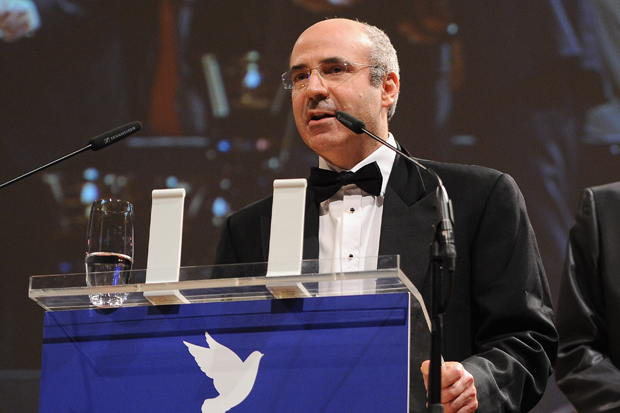
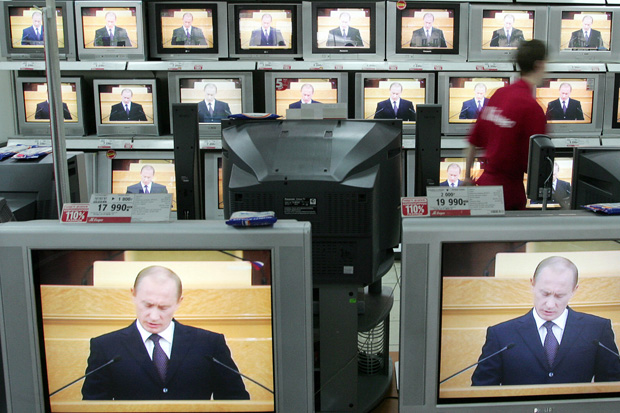
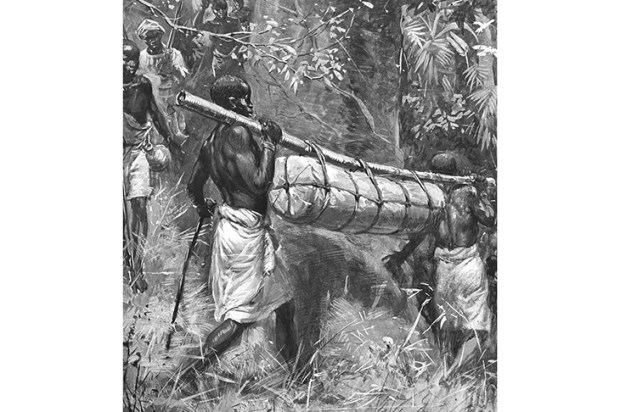

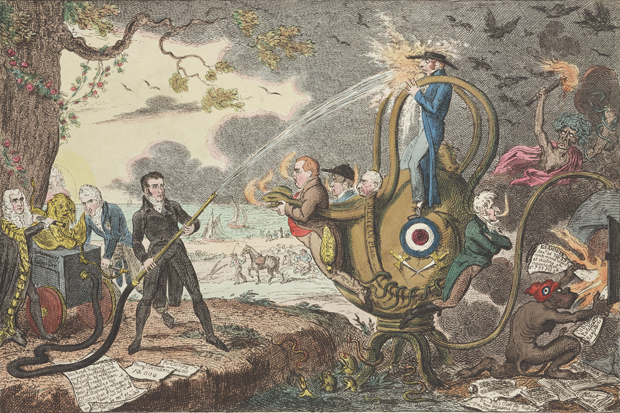

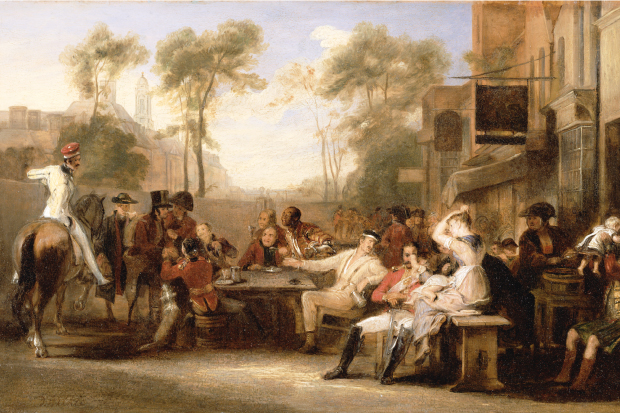






Comments
Don't miss out
Join the conversation with other Spectator Australia readers. Subscribe to leave a comment.
SUBSCRIBEAlready a subscriber? Log in